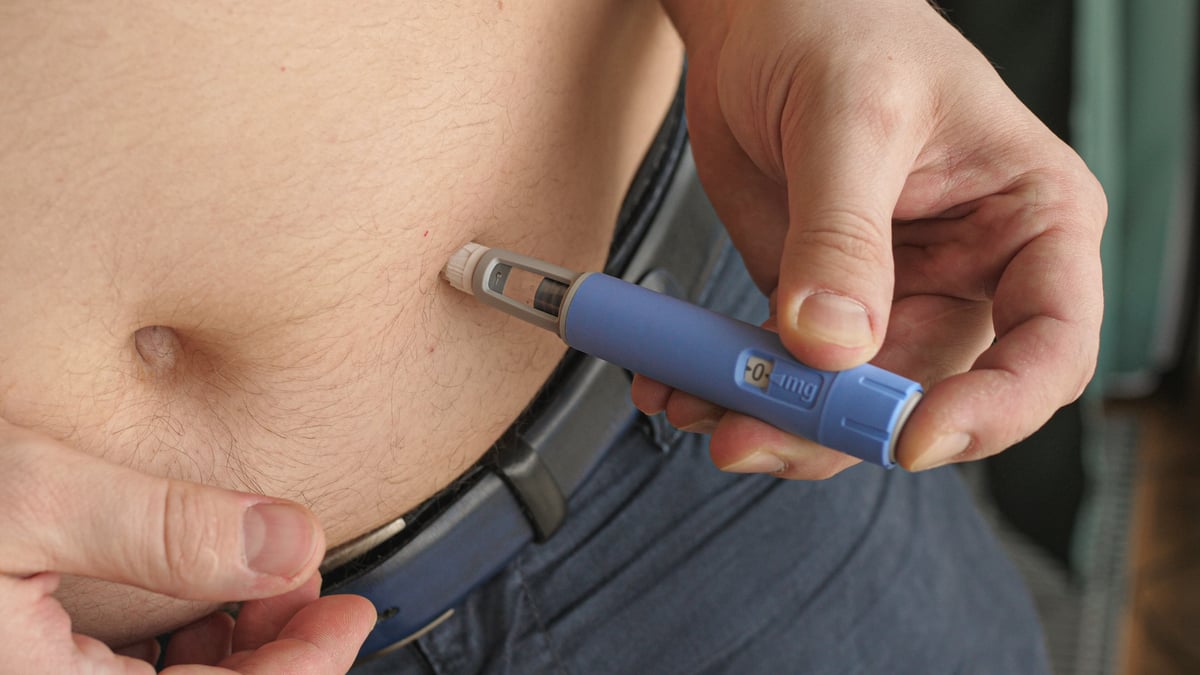Investors in Eli Lilly (NYSE: LLY) had a disappointing 2013, as shares in the company gained just 5% while the S&P 500 rose by almost 32%.
A key reason for the stock's underperformance was the generic drugs that ate away at revenue from Lilly's own products. However, the drugmaker also suffered from its own broken promise to investors that it would have two new drug approvals in 2013. The company has similarly promised to have several new approvals in 2014, but even though news on that pledge has been disappointing, investors seem to be backing the company to deliver and shares are up 15% year to date (versus 1.5% for the S&P 500). Can Eli Lilly keep the bull run going?
Mixed news
The FDA last week rejected the company's new drug application for its type 2 diabetes treatment empagliflozin, citing deficiencies at the Boehringer Ingelheim facility where the drug is set to be manufactured.
This is tough news for Eli Lilly, although shares only dropped by about 1% when the news was released. That muted response could be because the FDA said that, while the issues must be resolved before the application is approved, Eli Lilly will not be required to undertake any further clinical trials. So the market seems to view the news as a delay rather than an end to the approval process. Further news regarding the drug's status could have a bigger impact on shares, especially if there are any additional delays. Lilly did beat fourth quarter analyst expectations on the top and bottom lines, with revenue of $5.8 billion and EPS of $0.74, although both were declines from the fourth quarter of 2012. Nonetheless, this may have contributed to the positive sentiment around Lilly.
The competition
The drug is Eli Lilly's best effort to muscle in on SGLT2 manufacturers such as Johnson & Johnson (JNJ 0.19%), whose SGLT2 drug, Invokana, is predicted by analysts to generate over $400 million in sales by 2016. Although some investors are becoming more skeptical regarding the potential of SGLT2 drugs (which flush out glucose via urine), it remains an area that Eli Lilly is focused upon and where it sees potential growth.
Johnson & Johnson has had other positive news besides strong sales of Invokana. For instance, the drug Sirturo was approved this week in the European Union for use as part of an appropriate combination regimen for pulmonary multidrug resistant tuberculosis. Johnson & Johnson also received a positive opinion from the Committee for Medicinal Products for Human Use in the European Union for the marketing authorization of Vokanamet for the treatment of type 2 diabetes mellitus.
In addition, sector peer Roche (RHHBY +4.83%) posted positive results from a midstage study last week. Lebrikizumab significantly reduced the rate of asthma attacks in patients with a severe form of the disease. Roche has already commenced two late-stage studies and aims to file for approval sometime in 2016. Further news on the trials could act as a major catalyst on the company's share price, since lebrikizumab is one of the most appealing drugs in its pipeline, with CEO Severin Schwan stating last year that it has the potential to become a blockbuster.
Eli Lilly's 2014
While the news has been more positive for rivals Johnson & Johnson and Roche in 2014, Eli Lilly has still managed to comfortably outperform both companies. Indeed, with the market apparently unfazed by Eli Lilly's delay in gaining approval for its type 2 diabetes treatment, the drugmaker seems to have a significant amount of bullish sentiment behind it. If it can overcome the deficiencies reported by the FDA at its partner's plant, as well as deliver other new drug approvals to counter lost sales from generic competition, then Eli Lilly's bull run could continue over the medium term.








